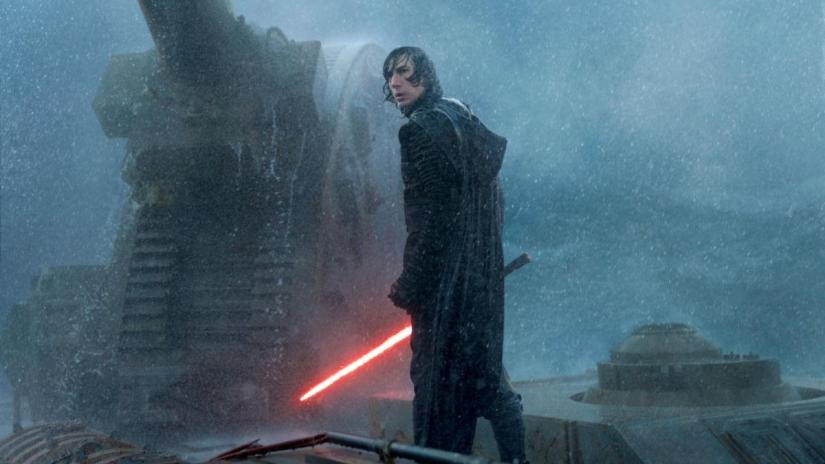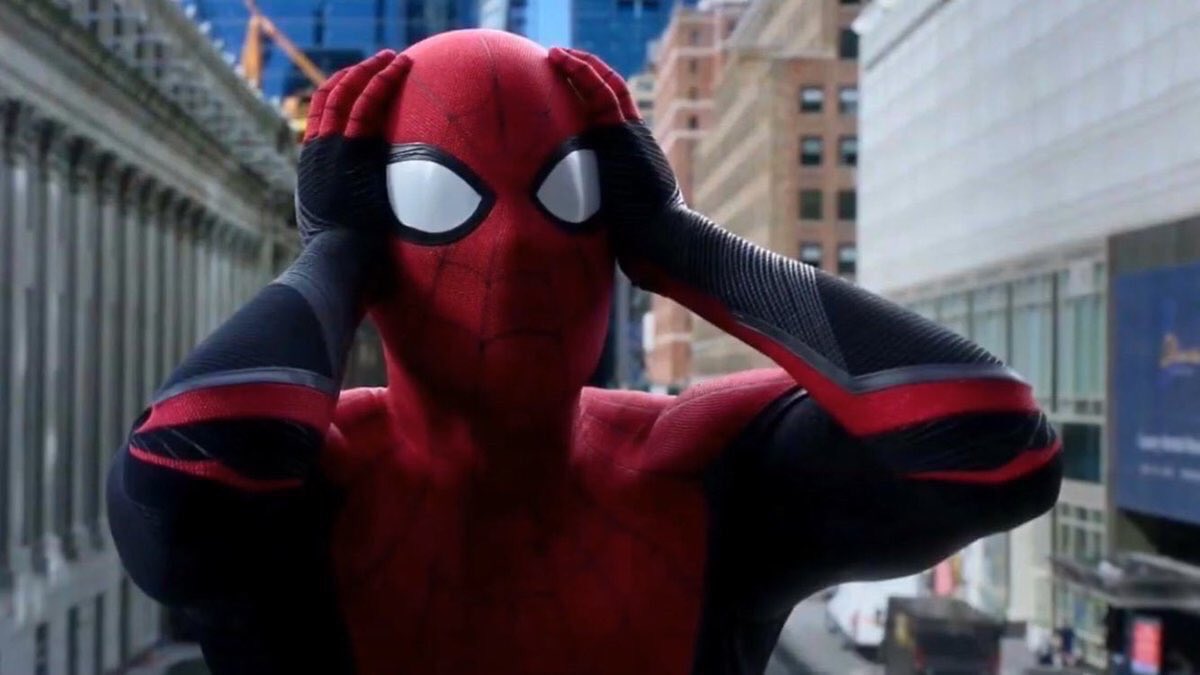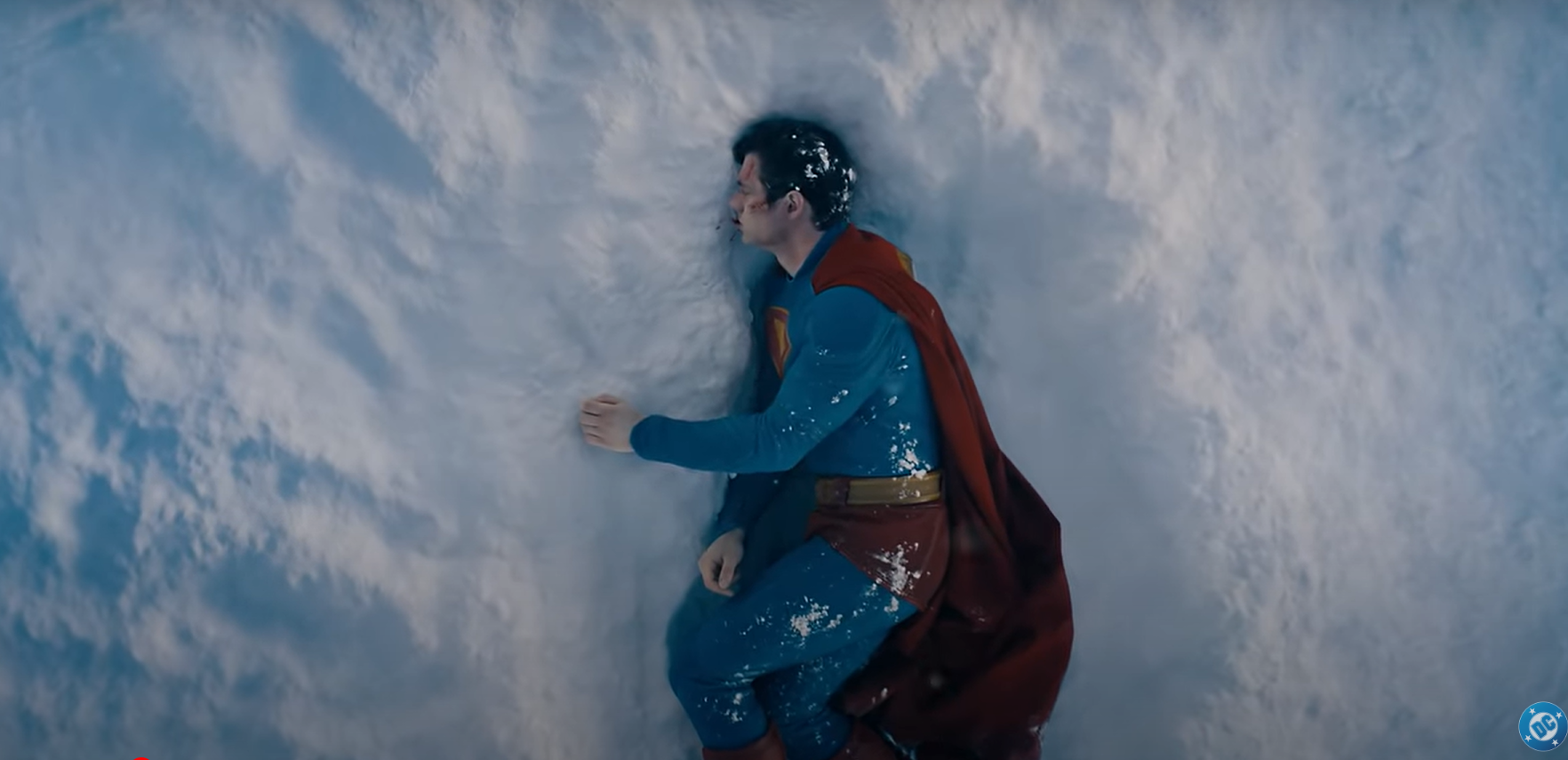![]()
For many years, British filmmaker David Mackenzie’s work had received most of its acclaim on the film festival circuit, whether it was his period drama Young Adam or the thriller Hallam Foe or the prison film Starred Up. These films had Mackenzie working with some of the finest actors in the United Kingdom, many of them early in their careers.
Mackenzie’s upcoming film Hell or High Water may finally get him attention on these shores. It’s a modern-day take on a Western starring Chris Pine and Ben Foster as Toby and Tanner, two brothers committing a crime spree, robbing small banks across Western Texas in order to save their mother’s farm. Hot on their heels is Jeff Bridges’ Texas Ranger Marcus Hamilton, who is ready to retire but decides to solve this one last case with his partner Alberto (Gil Birmingham).
Many Australian filmmakers have played within the Western genre, but not nearly as many UK filmmakers have giving it a go, other than maybe John Maclean’s excellent Slow West last year, but Hell or High Water has been receiving high praise since it’s debut at the Cannes Film Festival in May, and it will be rolling out across America for the rest of this month.
LRM got on the phone with Mackenzie while he was down in Austin, Texas for the film’s junket and premiere.
LRM: I’ve been following your work at least since “Young Adam†and this is your most American movie so far and will also be your widest release here in the States, so how did you get your hands on Taylor Sheridan’s screenplay? I would figure that after “Sicario†any screenplay by him would be in demand.
David Mackenzie: I was kind of given the script, and I read it and I liked it. It was a very quick and simple process. I was excited by the themes of the film. It felt very pertinent, and I loved the characters, I loved the wit, and I felt that there was a very strong cinematic DNA to it, that I immediately felt I could do something with, so it was a very simple and very easy process to fall in love with the script.
![]()
LRM: Had “Sicario†already played at Cannes and already been out there?
Mackenzie: No, I was on board the project before. “Sicario†I think was being shot or being edited when I joined the project or being edited anyway. It certainly wasn’t out there when we came across it. I wasn’t familiar with Taylor at all when I read it, and I just loved it for what it was.
LRM: This is the second screenplay he’s written that’s gotten producedwhich is amazing.
Mackenzie: Yeah, we didn’t go through any development at all. We kind of shot what we got. It’s a very well formed piece.
LRM: You’ve worked in a lot of different genres over the years. Every director I speak to says they want to do different things, and you’re one of the directors who actually does very different things. Were you a fan of the Western genre and had been wanting to do something in that genre?
Mackenzie: I have been a fan of that genre and was waiting for the opportunity to do something. I don’t actually just consider this film to be a Western. I think it is a Western, It’s a bank robber movie, it’s a buddy movie, it’s a road movie. It’s got all sorts of other elements of cinema to tune into. Yeah, I am a fan particularly of the revisionist ‘70s Westerns—Peckinpah and the lovely “McCabe and Mrs. Millerâ€â€”those kinds of movies where you feel that there’s a rich theme of humanity and a connection to the characters. Something about that period in cinema history, particularly American cinema history that I just miss. I don’t see enough films that tune into those kinds of things in the way that those movies did. I don’t know what it was that made them what they were, but they weren’t trying to be event movies, they were trying to be movies about characters in situations. It was a very important thing for me to tune into that world when I was interpreting his stuff.
LRM: There have been great Westerns by Australian filmmakers since they have that background in their DNA being from Australia…
Mackenzie: Yeah, they have a landscape where you can do it. Britain’s too small for road movies, it’s too small for Westerns, and every time you try it, it sort of embarrasses itself, and they are classically immersed in genre films.
![]()
LRM: How did you end up with Chris and Ben playing the brothers? On paper, you wouldn’t think they’d work but they’re great together.
Mackenzie: Casting is a funny one, but this just worked out very nicely, and I’m very proud of my cast and the way they all came together and the way we worked together to bring the whole thing to life. That’s one of the major parts of filmmaking really is finding the team and making this bit of paper become something that is more than a bit of paper and turning this thing into some kind of reality, so that’s what I did and what we all did.
LRM: It also has an aspect of “Heat†to it where you have the brothers on one side and Jeff Bridges and his partner on the other, and they only meet briefly towards the end. Were you able to shoot the film a way that made sense while keeping the two sections distinct from one another?
Mackenzie: That’s just inevitable, but what was interesting is that I shot the brothers side almost entirely before Jeff joined and then Chris left almost immediately after Jeff joined, and we just got that last scene of them together. It was almost like two different films. The first two and a half weeks was very fast and very intense, siding with the outlaws and gaining sympathies for their fight and their situation, and all the tension between the brothers and meeting all the characters they meet along the way. Then Chris left and we sided with the lawmen for the next part of it, and embraced their spirit, which is a little bit slower and more contemplative and more banter and a slightly different vibe. And then you cut them together and they create the movie.
LRM: The locations you found are pretty amazing and they give this movie a lot more scope and scale than your previous films. How did you go about finding those locations?
Mackenzie: In a way, that’s just a process that you do. I started off with some of the things that were in the script, as mentioned, and then tried to work out what they were and I took my team—my production designer and director of photography with us—we did quite extensive tours around Texas and New Mexico just to try to get a sense of the flavor and work out what was going to be best. Then it’s all about the logistics of trying to make these things work and finding the things that express the world you’re trying to convey as well as possible.
LRM: Was a lot of it in the same general area or was there a lot of travelling involved?
Mackenzie: There was quite a lot of travelling involved, which doesn’t make things easy. We had to go back and forth quite a few times because wherever we went with Chris and Ben, we had to then go back to with Jeff and Gil.
![]()
LRM: One of the scenes I loved was when Jeff and Gil go into the T-bone restaurant and the waitress there is just hilarious. Was that someone found who had that demeanor or was she an actress?
Mackenzie: Yes, she’s a lovely actress based in Houston, Texas… Margaret Bowman and she’s just brilliant. She does what she does and that was one of the most fun scenes, and we didn’t have to do very much with it. The scene from the text just did itself.
We found a great location for it and Margaret was great, and the comedy of the guy’s reaction to it was great. One of the things that I find interesting about the film is I think that it plays more comedic in my hands than it did on the page, and I think we were able to get more of the funnier bits out. It felt funny on the page, and it felt so strong that you didn’t notice the comedy, but working with everyone, it feels like we brought a bit more of the lightness out and the enjoyment of the story. I think that’s a really important thing, as well as the serious elements of this film about people who are dispossessed and having to take things into their own hands in a tough environment. It’s also quite a fun film.
LRM: What was it like being a Brit making a film in Texas? Did you feel very much like an outsider?
Mackenzie: No, I find it very easy to fit in, and it’s very important for me as a director to try to fit into the world I’m trying to describe, and actually, talking about a very rapid assimilation, I did my best during the times we were making it. I got as close as I could anyway, and I think that shows in the film.
LRM: I don’t like getting political, but in one of the bank robberies, all the customers are carrying guns, which adds to the feeling of a Western but also says something about how people are allowed to carry concealed guns in states like Texas.
Mackenzie: It’s a contemporary theme, isn’t it? Although it’s also obviously a very Wild West theme as well. I felt a little uncomfortable about it while I was shooting because I felt it was very important not to glorify this–and again, we’re not making statements, we’re asking questions—but it was important not to make it too exciting or consequence-free which quite often representation of these kinds of things are.
LRM: You’ve worked in a couple different genres, having done a prison movie with “Starred Up,†and this is your Western in some ways, so how do you feel about doing more genre films in the future. What do you have planned next?
Mackenzie: I don’t know what I’m doing next, but I’m sort of maniacal in that I spent quite a lot of time trying not to do genre, because I thought genre was in some way unoriginal. As I get more comfortable as a filmmaker, I don’t mind the idea of embracing things that have connections to cinema history. In a way, it’s fine to go there. I don’t know what’s up next unfortunately.
LRM: Would you like to try to do more movies here in America?
Mackenzie: It was a very positive experience making this film, and I’m very keen to do more here.
Hell or High Water opens in select cities on Friday, August 12 and will expand to more cities on August 19 and August 31.

 FOR FANBOYS, BY FANBOYS
Have you checked out LRM Online’s official podcasts and videos on The Genreverse Podcast Network? Available on YouTube and all your favorite podcast apps, This multimedia empire includes The Daily CoG, Breaking Geek Radio: The Podcast, GeekScholars Movie News, Anime-Versal Review Podcast, and our Star Wars dedicated podcast The Cantina. Check it out by listening on all your favorite podcast apps, or watching on YouTube!
Subscribe on: Apple Podcasts | Spotify | SoundCloud | Stitcher | Google Play
FOR FANBOYS, BY FANBOYS
Have you checked out LRM Online’s official podcasts and videos on The Genreverse Podcast Network? Available on YouTube and all your favorite podcast apps, This multimedia empire includes The Daily CoG, Breaking Geek Radio: The Podcast, GeekScholars Movie News, Anime-Versal Review Podcast, and our Star Wars dedicated podcast The Cantina. Check it out by listening on all your favorite podcast apps, or watching on YouTube!
Subscribe on: Apple Podcasts | Spotify | SoundCloud | Stitcher | Google Play



